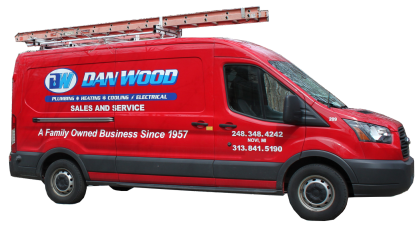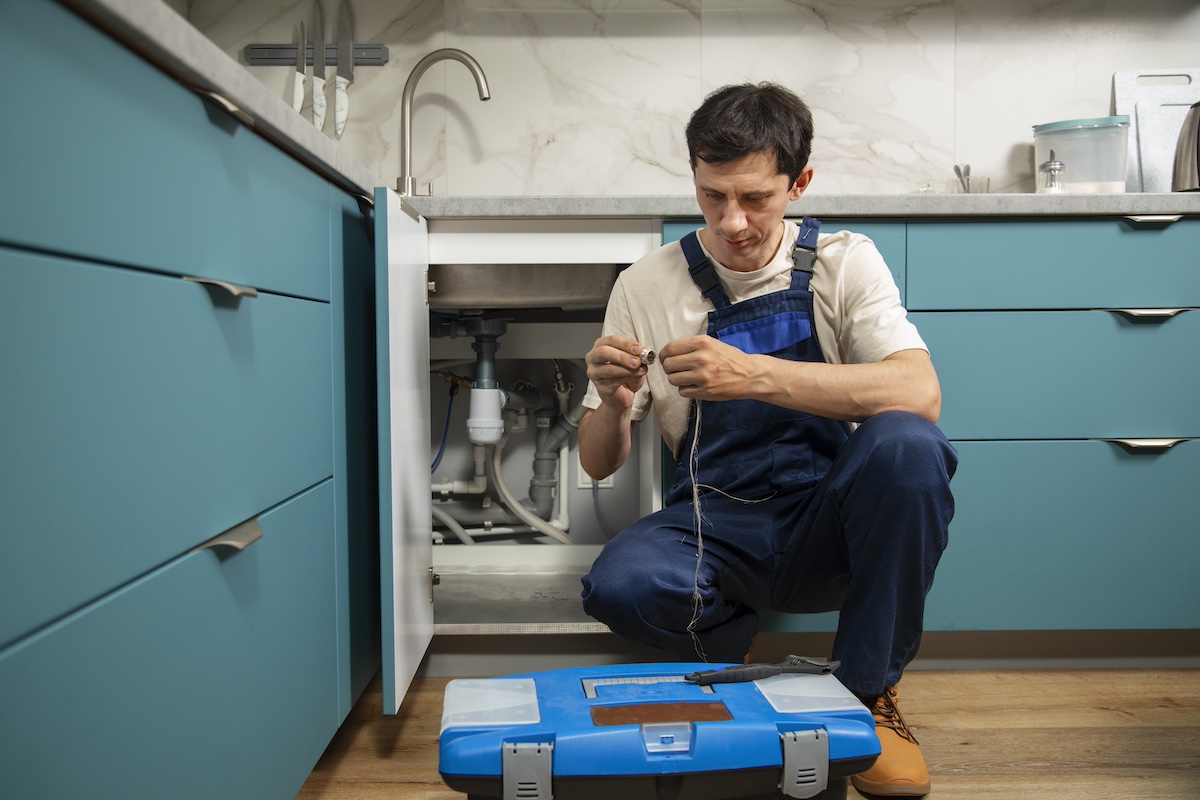When tackling construction or maintenance projects involving pipes, it’s essential to know the difference between pipefitters and plumbers. Both trades play critical roles, but their expertise and scope of work vary significantly.
Understanding these distinctions can help you hire the right professional for your needs, ensuring efficiency and cost-effectiveness. This guide will provide a detailed breakdown of their responsibilities, training, and work environments to help you make informed decisions.
What Is a Pipefitter?
Definition and Role
A pipefitter specializes in installing, maintaining, and repairing high-pressure piping systems. These systems are typically found in industrial and commercial settings, such as power plants, oil refineries, and factories. Pipefitters are trained to handle piping systems that transport gases, chemicals, and other substances under high pressure. Their work is critical to the safety and functionality of industries that rely on these complex systems.
Skills and Training Required
Pipefitters possess a unique skill set that includes:
- Proficiency in welding, soldering, and cutting pipes.
- Understanding of blueprints and engineering plans.
- Knowledge of high-pressure systems and safety protocols.
Training often involves a combination of classroom education and hands-on apprenticeships. Certifications, such as those in welding and specialized high-pressure systems, are commonly required to ensure safety and quality standards in demanding industrial environments.
Industries Where Pipefitters Work
Pipefitters predominantly work in industries such as:
- Oil and gas.
- Power generation.
- Manufacturing.
These environments demand precision and adherence to strict safety standards. Pipefitters also troubleshoot and repair existing systems, making their expertise indispensable for maintaining operational efficiency in industrial settings.
What Is a Plumber?
Definition and Role
Plumbers focus on installing and maintaining water supply, drainage, and waste disposal systems. Unlike pipefitters, plumbers typically work in residential and commercial settings, addressing issues like leaking pipes, clogged drains, and fixture installations. They play a vital role in ensuring that water systems are safe, functional, and compliant with local codes.
Skills and Training Required
Plumbers require:
- Knowledge of plumbing codes and regulations.
- Expertise in installing and repairing pipes, fixtures, and appliances.
- Problem-solving skills for diagnosing and fixing issues.
Plumbers often complete vocational training programs and apprenticeships. Licensing is mandatory in most regions to ensure that their work complies with local regulations and safety standards. Many plumbers also undergo continuous education to stay updated with changing codes and advanced technologies.
Related Reading – What is a Master Plumber?
Industries Where Plumbers Work
Plumbers primarily operate in:
- Residential construction and maintenance.
- Commercial properties like offices, restaurants, and retail spaces.
- Municipal systems, including water treatment plants and public infrastructure.
In these environments, plumbers handle tasks ranging from simple pipe repairs to the installation of intricate water and sanitation systems.
Key Differences Between Pipefitters and Plumbers
Scope of Work
- Pipefitters focus on high-pressure systems used in industrial settings, such as gas pipelines, HVAC systems, and chemical transport lines.
- Plumbers deal with water and waste systems, primarily in residential and commercial properties, ensuring sanitation and safe water access.
While both handle piping, the complexity and type of systems they manage differ significantly.
Tools and Techniques
- Pipefitters often use specialized tools like welding machines, pipe benders, and plasma cutters.
- Plumbers rely on tools such as pipe wrenches, plungers, augers, and pipe threaders.
These differences in tools reflect the distinct nature of their work environments and the unique challenges they face.
Work Environments
- Pipefitters work in factories, power plants, refineries, and other industrial facilities.
- Plumbers operate in homes, offices, schools, hospitals, and other public buildings.
The environments not only shape the type of work but also influence the safety protocols and skills required for each trade.
Training and Certification
- Pipefitters require extensive training in industrial piping systems, often including certifications in advanced welding techniques and high-pressure systems.
- Plumbers must be licensed to work on water systems and are trained in local plumbing codes, safety standards, and customer service.
Both trades require rigorous training, but their focus areas vary greatly, making each uniquely suited to its respective applications.
Overlap Between Pipefitters and Plumbers
Despite their differences, there is some overlap between these trades:
- Both work with pipes and systems that transport fluids or gases.
- They share foundational skills like reading blueprints, measuring materials, and performing pipe installations.
- Collaboration is common on large-scale construction projects where both trades contribute their expertise.
For example, in a commercial building project, pipefitters may install high-pressure HVAC systems while plumbers handle water supply and waste systems, ensuring a seamless integration of services.
Which Should You Hire?
Factors to Consider
When deciding between a pipefitter and a plumber, consider the following:
- Type of project: Is it industrial, commercial, or residential?
- System type: Are you dealing with water supply, waste disposal, or high-pressure systems?
- Project complexity: Does the work require specialized certifications or tools?
Evaluating these factors ensures that you hire the right professional for your specific needs.
Questions to Ask a Contractor
To ensure you hire the right professional, ask questions like:
- What is your experience with similar projects?
- Are you certified or licensed?
- Can you provide references?
- What safety measures do you follow on the job?
These questions help gauge the contractor’s expertise and suitability for your project.
FAQs About Pipefitters and Plumbers
What is the main difference between a pipefitter and a plumber?
Pipefitters work on high-pressure systems in industrial settings, while plumbers focus on water and waste systems in residential and commercial environments.
Can a plumber work on industrial systems?
While some plumbers may have experience with industrial systems, these jobs typically require a pipefitter’s specialized training and certifications.
Do pipefitters work in residential settings?
Pipefitters rarely work in residential environments as their expertise is geared toward industrial and commercial applications.
What certifications are required for pipefitters and plumbers?
Pipefitters often need welding certifications and training in high-pressure systems, while plumbers must be licensed to comply with local plumbing codes.
Who earns more, pipefitters or plumbers?
Earnings vary by location and experience, but pipefitters often earn higher wages due to the specialized nature of their work and the industries they serve.
Conclusion
Whether you’re dealing with high-pressure industrial systems or a leaky faucet at home, it’s crucial to hire the right professional for the job. Pipefitters excel in industrial and commercial settings, handling complex, high-pressure systems. Plumbers, on the other hand, are experts in residential and commercial water and waste systems.
At Dan Wood Services, we understand the importance of skilled professionals for your piping needs. Our team includes experienced plumbers specializing in residential and commercial systems, ensuring your projects are completed with precision and care. With decades of trusted service, we’re here to help you find the right solution for your plumbing needs. Contact us today and let us bring expertise to your next project!




